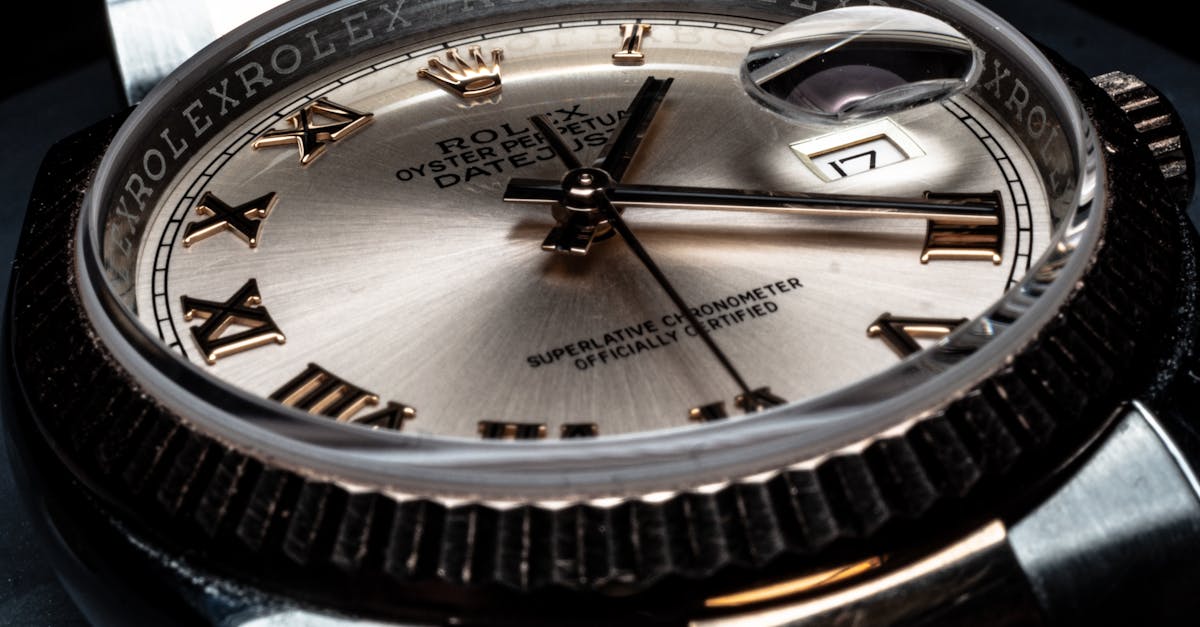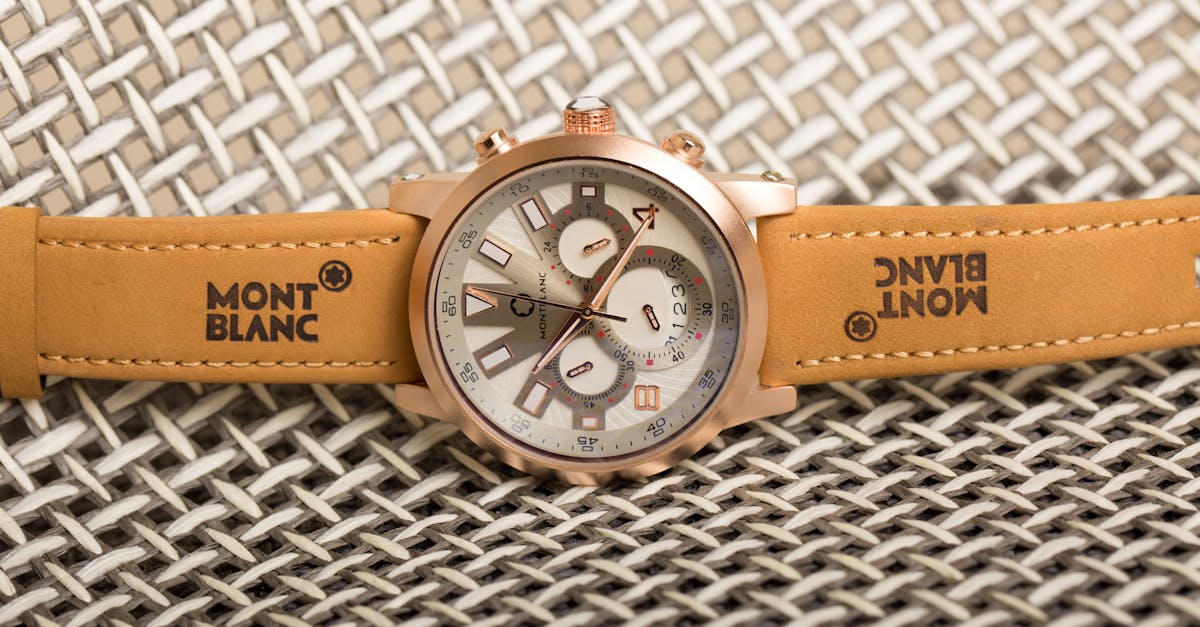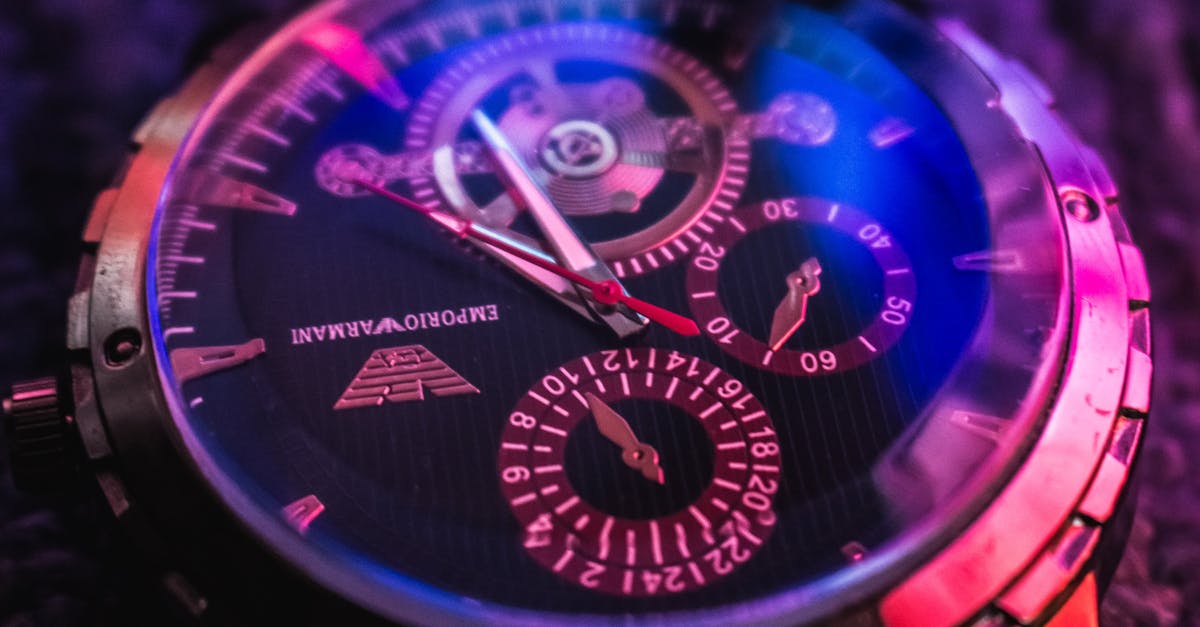Unveiling the Enigmatic World of Chronometer Watches: A Journey into Precision and Legacy
The allure of chronometer certification and watches captures the imagination of horology enthusiasts worldwide. This fascinating realm of precision timepieces offers a glimpse into the dedication and craftsmanship needed to achieve the pinnacle of accuracy. Let’s delve into this world, exploring the rigorous standards and historical journey that make these watches a testament to excellence.
1. Defining Chronometer Certification: A Hallmark of Precision
Understanding the Core Principles
The COSC Certification is synonymous with precision in watchmaking. As the Official Swiss Chronometer Testing Institute (COSC), it upholds stringent criteria based on ISO 3159, which defines a wrist chronometer with a spring-balance oscillator. Achieving this certification is no small feat, as it signifies a movement’s precision within -4/+6 seconds per day over a rigorous 15-day testing period.

2. The Rigorous Testing Process: Unwavering Accuracy Under Scrutiny
A Closer Look at Testing Conditions
Testing for COSC certification is rigorous and precise. Mechanical movements are examined for 15 days across five positions and three temperatures (8°C, 23°C, and 38°C). Each chronometer certification involves testing under varying conditions, ensuring resilience against shocks and ambient changes.

3. A Historical Perspective: Tracing the Evolution of Chronometer Certification
The Role of Chronometers in Navigation
The history of chronometer certification dates back to the 18th century when marine chronometers revolutionized navigation by solving the problem of determining longitude at sea. Today, the legacy continues as only about 3% of Swiss watch production achieves COSC certification.
4. COSC Certification: The Prestigious Standard for Chronometer Excellence
What Makes COSC Certification Prestigious?
COSC Certification stands as the gold standard for precision in Swiss watches. Each chronometer-certified watch has a unique serial number and is tested before casing, adding to its value. The importance of the certification process lies in its ability to guarantee remarkable accuracy and reliability.

5. Beyond COSC: Exploring Alternative Chronometer Certifications
Exploring Other Certifications
Besides COSC, other notable certifications like the Horological Society of New York (HSNY) offer their standards, albeit less commonly recognized. These diversifications highlight different testing methods yet maintain the core values of precision and durability.
6. The Prestige of a Chronometer Watch: A Testament to Precision and Craftsmanship
The Significance of Owning a Certified Timepiece
Owning a chronometer-certified watch signifies more than just timekeeping; it represents a commitment to excellence and artistry. Brands like Breitling, Omega, and Rolex often boast significant portions of their collections certified by COSC, underscoring the value placed on accuracy and heritage.

For those seeking timeless elegance and unmatched precision, the world of chronometer watches is both captivating and rewarding, offering a legacy of craftsmanship that endures through the ages.

